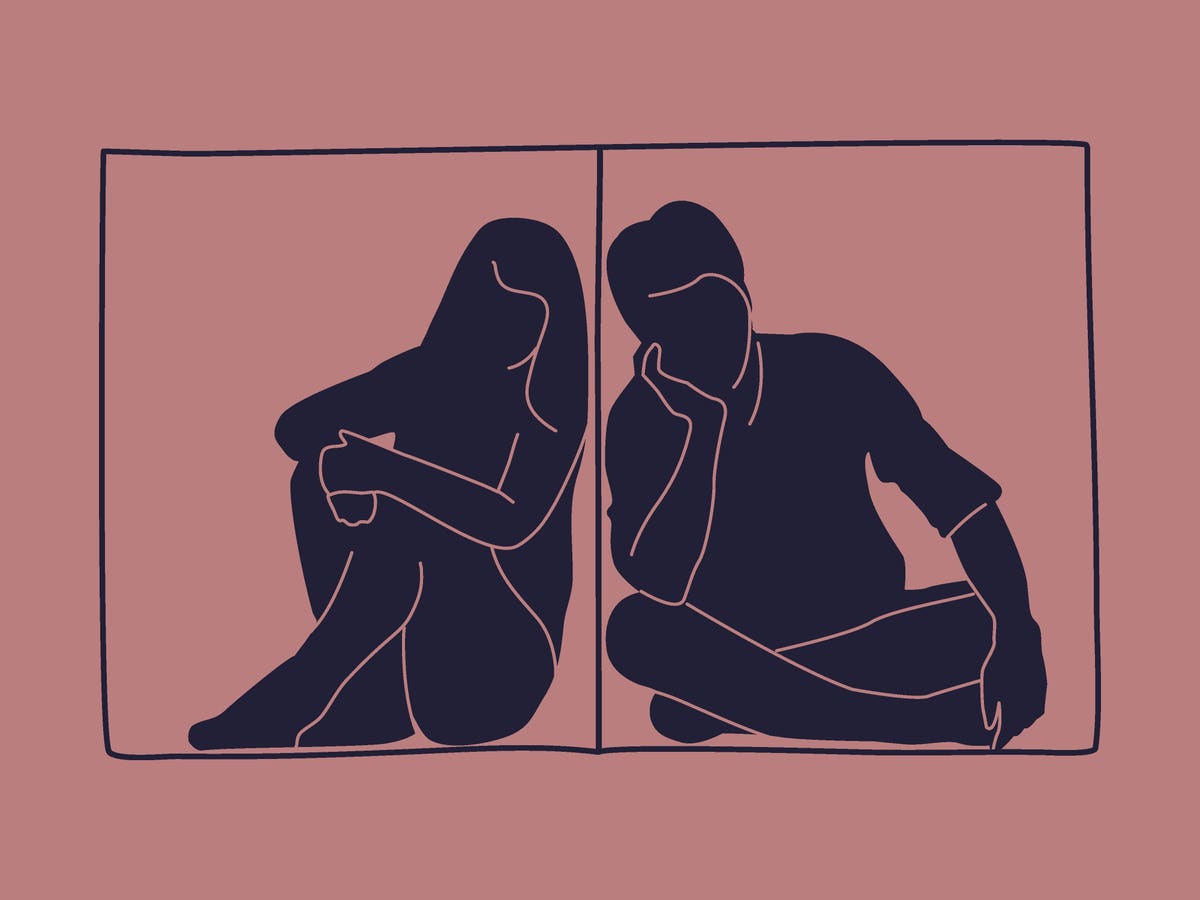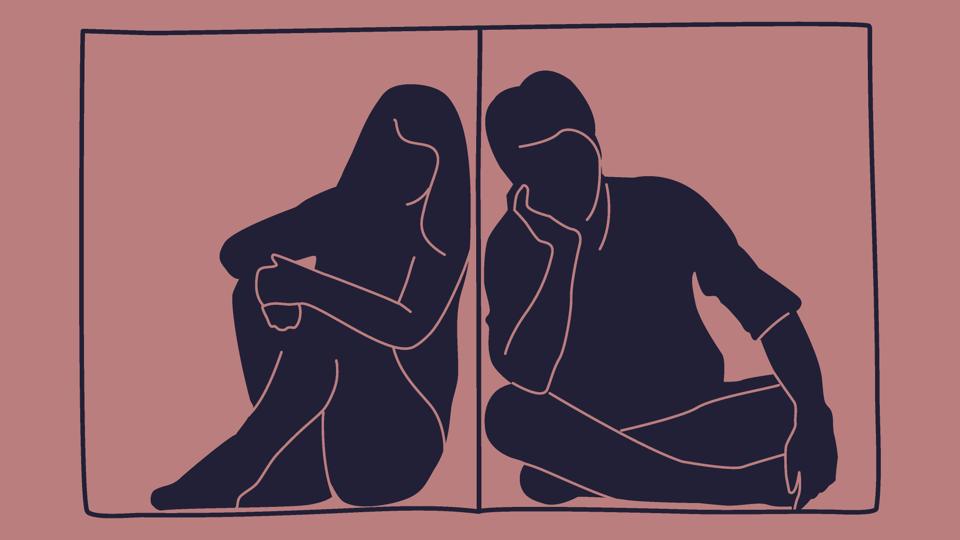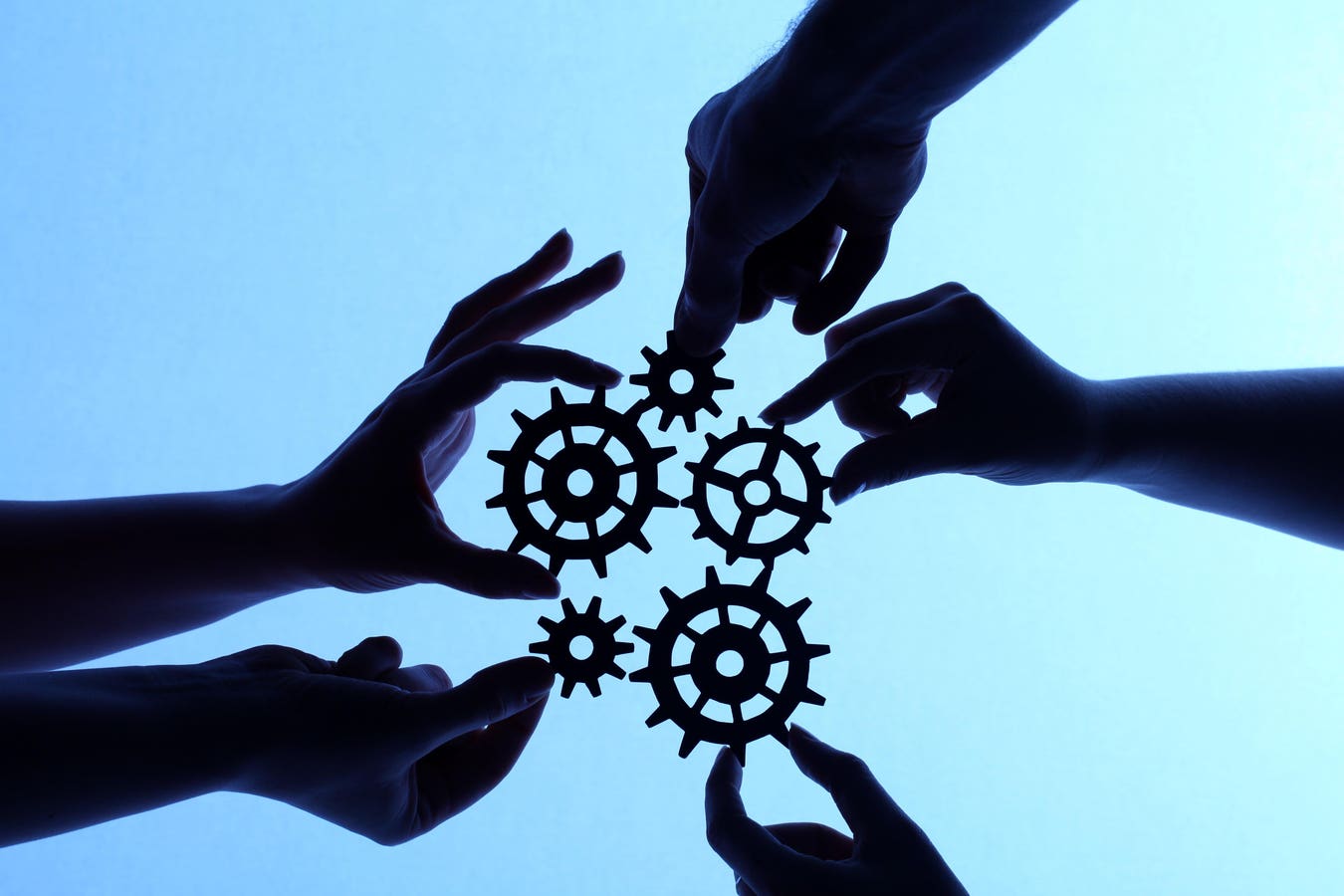Do you pride yourself on always being the “strong one” — the one who does it all alone? Here’s why that hyper-independence might be doing you more harm than good.
getty
As our society increasingly values individualism, it’s almost become a badge of honor to be extremely self-reliant. From a young age, we’re encouraged to stand on our own two feet and solve problems ourselves. In many ways, this is helpful. Self-reliance equips you to face challenges with confidence and a sense of control.
Yet, independence exists on a spectrum. When taken to an extreme, it can get unhealthy. From a strength, it turns into a barrier that limits connection and intimacy. This is called “hyper-independence” or “compulsive self-reliance.” It often emerges as a response to early experiences of trauma, neglect or inconsistent care.
If you grew up learning that support is unreliable or unavailable, you were likely to adapt by becoming intensely self-sufficient. This could have been one of the reasons you started suppressing needs and solving problems alone.
As adults, this pattern can look like hesitating to ask for help, avoiding vulnerability or keeping emotional struggles private, even from those closest to you. Understanding this is very important, because this habit leads you to keep pushing real connection away. You consciously or unconsciously stand in your own way when it comes to any loving relationship.
Connection, however, is a fundamental human need. Relationships provide support and a sense of belonging. Being socially connected is essential to your well-being, and hyper-independence blocks it.
Over time, you will start feeling isolated even when love is available. What feels like a strength on the surface can undermine the very connections that make life fulfilling.
Here are two ways being hyper-independent is keeping you lonely.
1. You Struggle To Lean On Others
One major sign of compulsive self-reliance is a reluctance to ask for help. It’s normal to occasionally hesitate to request assistance. However, hyper-independent individuals often feel genuine anxiety or discomfort at the thought of leaning on someone else. When this anxiety is consistent, it can feel paralyzing, leaving them unwilling to seek support even when it would be beneficial.
A longitudinal study published in Current Directions in Psychological Science examined how early interpersonal experiences influence adult romantic relationships, particularly the ability to manage conflict, recover from disagreements and maintain satisfying partnerships.
The researchers studied participants from birth into adulthood. They used detailed observations, interviews, teacher and parent ratings and behavioral assessments at multiple stages of the participants’ development.
Researchers found that participants with an insecure attachment style as infants expressed more negative emotions during conflict with romantic partners at age 20–21. At the same time, securely attached infants were found to be better able to recover from romantic conflicts as adults.
The impact of these childhood experiences also depends on interpersonal experiences later in a person’s development. They could either reinforce or buffer the effects of early insecurity.
Finally, the researchers also looked at the “weak-link” phenomenon. This is where individuals with early interpersonal difficulties, such as less support from caregivers or difficulty resolving adolescent conflicts, were more likely to become the less committed or less invested partner in adult relationships.
These weak-link partners tended to exhibit more emotional distance, which often increased relational hostility. The researchers suggest that these early attachment experiences shape emotional regulation and help-seeking behaviors in adulthood.
In the context of hyper-independence, early experiences may have taught you to rely on yourself because others were unreliable. Over time, this can lead you to be emotionally distant and challenge intimacy.
What you may lose sight of is that having a strong social support system can actually get you through the toughest challenges in life.
A 2024 study published in Youth examined how extreme self-reliance influences young people’s willingness to seek help for mental health concerns. 30 Australians aged 18–25 were interviewed to understand how they view self-reliance and trust in themselves and others. Researchers found that self-reliance exists on a spectrum ranging from insufficient self-reliance (too dependent) to extreme self-reliance (avoiding help).
Similarly, help-seeking behavior also ranges from excessive reliance on others to complete unwillingness to seek support. Trust was a central factor in determining if self-reliance becomes adaptive or a barrier.
Researchers suggest that a balance between trust in oneself and trust in others is necessary for self-reliance to be healthy. Simply put, high trust in oneself supports independence, while high trust in others encourages seeking help when needed.
Another notable suggestion was by the participants, who mentioned that self-awareness helps maintain this balance. Building trust in oneself and in supportive others can make it easier to ask for assistance when it matters.
2. You Overvalue Solitude At The Expense Of Connection
Another hallmark of compulsive self-reliance is a constant unhealthy preference for solitude over shared experiences. If you are hyper-independent, you might have a tendency to maintain rigid boundaries that reinforce your sense of self-sufficiency. You might rarely welcome your partner’s support, input or presence.
Relationships can start feeling peripheral rather than central to your life. Even simple compromises like adjusting schedules, joining shared activities or leaning on a partner for help can feel intrusive or threatening to your autonomy.
A 2017 study on attachment, published in Current Opinion in Psychology, provides a clear framework for understanding this behavior.
Researchers examined how people with different attachment orientations respond to stressful situations in romantic relationships by observing behaviors such as help-seeking, emotional expression and the way they seek closeness.
They found that avoidant individuals tend to cope with stress by relying on themselves rather than seeking help. They try to maintain autonomy and control the terms of engagement.
So, instead of openly asking their partner for support or admitting they’re struggling, they keep their emotions private and try to manage the situation on their own. They interact with their partner on their own terms, allowing limited involvement, sharing only what feels “safe” and avoiding situations that might make them feel vulnerable.
Naturally, this can make their partners feel shut out. In the long run, this often creates relational distance and reduces intimacy.
For instance, imagine coming home after a stressful day and insisting on keeping your emotions to yourself rather than sharing it with your partner because you don’t want to seem weak or “burden” them.
By refusing to acknowledge your stress or inviting support, you are controlling the terms of closeness in the relationship. This self-protective habit can leave you struggling and the relationship seeming unbalanced and isolating for both partners.
Remember, to accept support you don’t have to give up your need for solitude. Alone time is healthy and even essential. You just need to learn to loosen up that tightly controlled facade and start letting your loved ones be a bigger part of your life. Start in the smallest and easiest ways you can.
For instance, you can and should take your space to decompress after work. But make sure to later share a few thoughts about your day or accept a small gesture of support from a loved one. This balance allows you to maintain autonomy while also nurturing closeness and ensures that your independence doesn’t become emotional isolation.
Focus On Unlearning Old Survival Patterns
Dealing with hyper-independence might not be as simple as having to “open up more.” Since the pattern was most likely wired early in life and is deep-rooted in your sense of self, it can be more complex to work through.
But you don’t have to get caught in a spiral of shame or feel stuck in the same cycle over and over again. Seeking help from a professional makes it easier to untangle old patterns and gradually help you learn healthier ways of connecting.
This can feel uncomfortable or even frightening at first. It challenges your very identity of being “the strong one” or “the one who doesn’t need anyone.”
However, constantly remind yourself that needing support does not mean being weak. Wanting to belong and feel socially connected is a part of being human.
Seeking help, whether through therapy or trusted relationships, is a powerful first step. With deeper self-reflection, you can begin to build new patterns of trust, both in yourself and in others. Over time, this shift will allow you to experience connection without feeling like you’re losing independence.
Wondering if a fear of intimacy is holding you back from deeper connection? Take this science-backed test to find out: Fear Of Intimacy Scale









